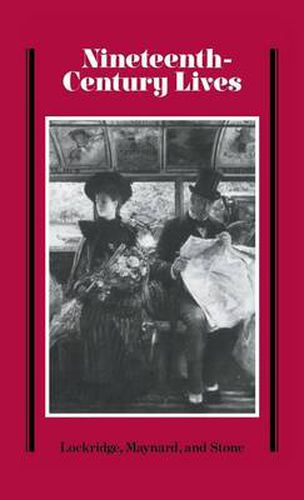In Nineteenth-Century Lives ten distinguished critics and biographers consider what it means to narrate a life. Their illustrative texts are largely taken from nineteenth-century biography, autobiography, and the novel, but narrative is the broader genre that unites their various inquiries. The principal issues, theoretical and practical, are framed by Margaret Atwood, J. Hillis Miller, and Phyllis Rose. ‘The biographer, like the novelist, is a constructor of narratives; it’s just that the ground rules are a little different,’ writes Atwood. Among the matters they debate are the boundaries of fact and fiction, the professed power of the narrator, and the figurative underpinings of autobiography. But many of these essays are delightful and provocative biographical and autobiographical excursions in themselves. Atwood describes her early fear of biography, Morton Cohen narrates an exciting bit of detective work into the life of Lewis Carroll, and John Rosenberg gives a vivid and frequently revisionary reading of many aspects of Darwin’s life. Other critics - Carl Woodring, Richard Altick, Norman Kelvin, Margaret Stetz, and Robert Kiely - consider related topics: the autobiographical poem as Bildungsroman, the nineteenth-century art biography, the relationship of William Morris’s life to the structural principles of his art, the guilt-ridden fiction of the 1890s, and a seemingly marginal character in fiction, the ‘nobody’.





